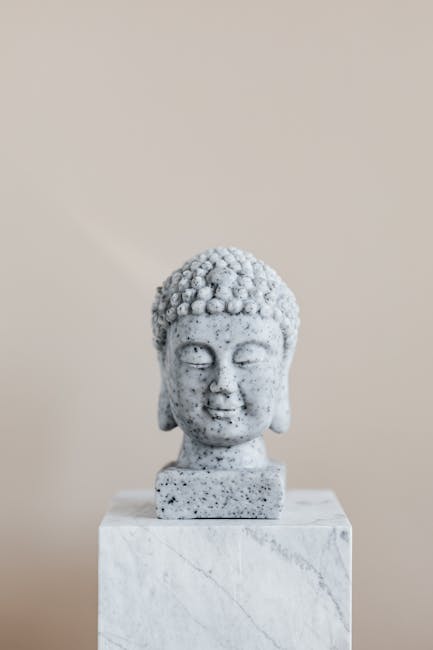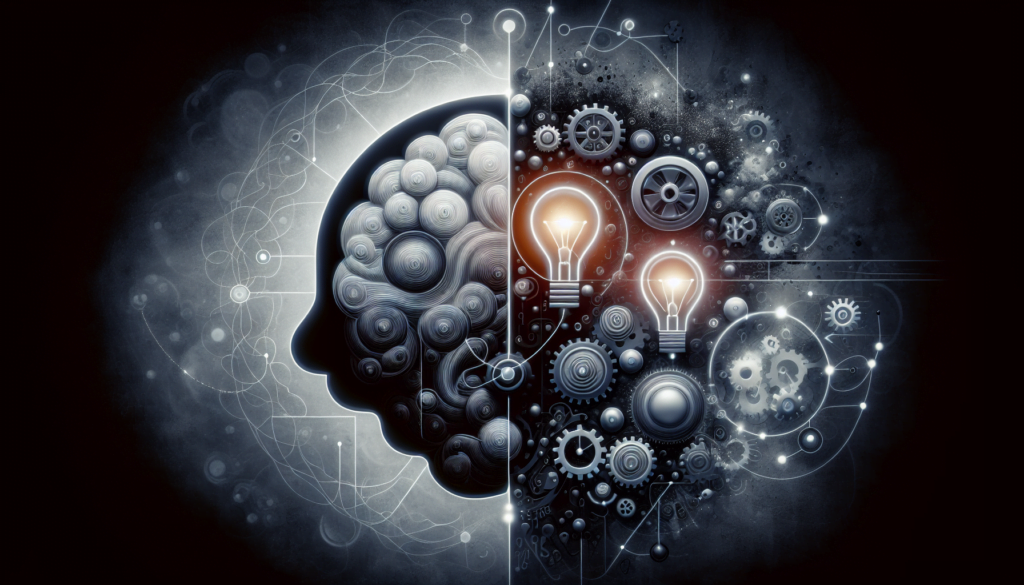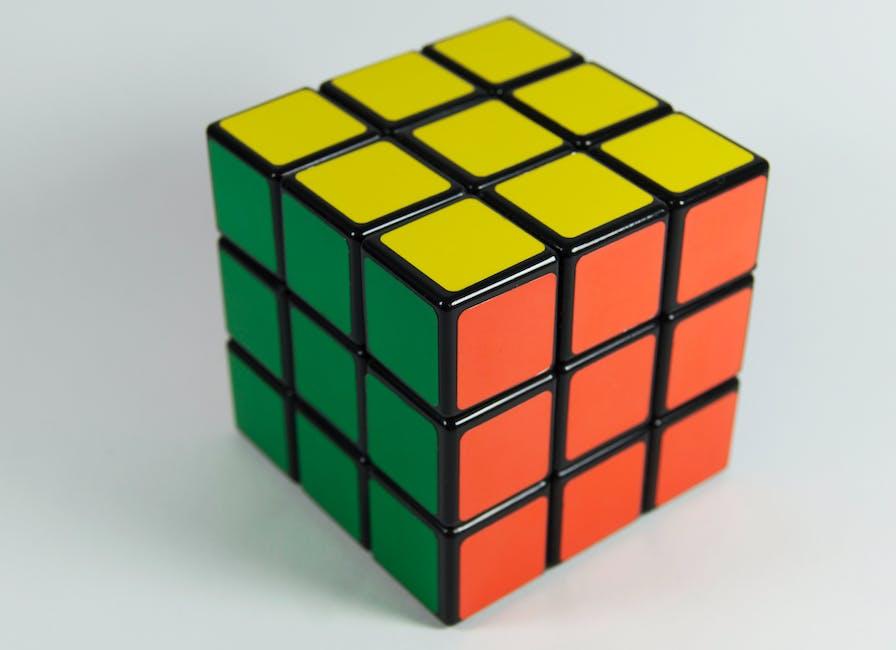Ever wondered why you reach for that chocolate bar even when you’re not hungry, or why certain songs trigger specific memories? These actions are influenced by the mysterious realm of the unconscious mind. This blog post delves into the fascinating world of unconscious processes and their impact on our thoughts and behaviors.
Key Takeaways
- The unconscious mind plays a significant role in shaping our thoughts and behaviors.
- Unconscious processes influence various aspects of our lives, from decision-making to creativity.
- Understanding unconscious processes can help mitigate unconscious biases and improve interpersonal relationships.
- Various therapeutic approaches can help access and harness the power of the unconscious mind.
Understanding the Unconscious Mind
Definition and Historical Perspectives
Freudian Theory
Sigmund Freud, the father of psychoanalysis, was one of the first to explore the concept of the unconscious mind. He proposed that the unconscious is a reservoir of thoughts, memories, and desires that are hidden from consciousness but influence our behaviors and emotions.
Jungian Concepts
Carl Jung, a disciple of Freud, expanded on this concept, introducing the idea of the collective unconscious, which contains universal archetypes and symbols shared across cultures.
The Unconscious vs. The Conscious
The unconscious mind operates below the level of conscious awareness, influencing our thoughts, feelings, and behaviors without our explicit knowledge. In contrast, the conscious mind involves our active, present-moment awareness and intentional decision-making.
The Role of the Unconscious in Modern Psychology
Modern psychology recognizes the importance of unconscious processes, acknowledging their influence on our mental and emotional states, as well as our behaviors.

Unconscious Influences on Thought Processes
Priming and Implicit Memory
Priming is an unconscious process where exposure to one stimulus influences the response to a subsequent stimulus. This process is closely linked to implicit memory, which involves past experiences influencing current behavior and thought processes.
Intuition and Gut Feelings
Ever had a ‘gut feeling’ about something? That’s your unconscious mind at work. Intuition is a form of unconscious cognition, where the brain makes rapid judgments based on past experiences and learned patterns.
Creativity and Problem Solving
Unconscious processes also play a crucial role in creativity and problem-solving. They allow our minds to make connections and generate ideas outside of our conscious awareness.

Unconscious Influences on Behavior
Automatic Behaviors and Habits
Many of our daily behaviors, like brushing our teeth or driving, are automatic and guided by unconscious processes. These habits are formed through repeated actions that become ingrained in our neural pathways.
Emotional Responses
Our unconscious mind also influences our emotional responses. For example, a fear of spiders may stem from an unconscious memory of a scary encounter in childhood.
Decision Making and Judgment
Unconscious processes can bias our decision-making and judgments, often leading to irrational choices. For instance, we may choose a product because of unconscious associations with its brand, rather than its actual quality.

Unconscious Processing in Everyday Life
Perception and Sensory Input
Our unconscious mind constantly processes sensory input, filtering out irrelevant information and focusing on what’s important. This unconscious perception shapes our experience of the world.
Influence on Relationships and Social Interactions
Unconscious processes can affect our relationships and social interactions. For example, we may feel an instant connection with someone because they remind us unconsciously of a loved one.
Impact on Consumer Behavior
Marketers often use unconscious processes to influence consumer behavior. Techniques like subliminal messaging and emotional branding appeal to our unconscious desires and biases.

The Science Behind Unconscious Processes
Neurological Studies
Brain Imaging and Unconscious Activity
Brain imaging studies have shown that unconscious processes activate different brain regions than conscious processes. This suggests that the unconscious mind has a distinct neurological basis.
The Role of the Amygdala in Emotional Processing
The amygdala, a part of the brain involved in emotional processing, plays a crucial role in unconscious emotional responses. For example, it can trigger a fear response before we’re consciously aware of a threat.
Cognitive Research Findings
Implicit Association Tests
Implicit Association Tests (IATs) are used to measure unconscious biases. These tests reveal that our unconscious mind can hold biases that our conscious mind denies.
Unconscious Thought Theory
Unconscious Thought Theory proposes that the unconscious mind is better at processing complex information than the conscious mind. This theory suggests that ‘sleeping on it’ can lead to better decision-making.

Unconscious Bias and Its Consequences
Definition and Types of Unconscious Biases
Unconscious biases are automatic, unconscious beliefs or stereotypes that influence our behavior. They can be based on factors like race, gender, age, or appearance.
Effects on Social Behavior and Prejudices
Unconscious biases can lead to discriminatory behavior and reinforce social prejudices. For example, a hiring manager may unconsciously favor candidates who share their background or beliefs.
Strategies for Mitigating Unconscious Bias
Awareness and education are key to mitigating unconscious bias. Techniques like mindfulness and perspective-taking can also help reduce bias.
Dreams and the Unconscious
Dream Analysis and Interpretation
Dream analysis, a technique used in psychoanalytic therapy, aims to uncover the unconscious meanings and desires hidden in dreams. This approach is based on the idea that dreams are a window into the unconscious mind.
The Connection Between Dreams and Unconscious Desires
Freud believed that dreams are the ‘royal road’ to the unconscious, revealing our deepest desires and fears. Modern research supports the idea that dreams reflect unconscious processes, although the interpretation of dreams is a subject of ongoing debate.
Research on Dreaming and Cognitive Processes
Recent research suggests that dreaming may play a role in memory consolidation and problem-solving. This supports the idea that unconscious processes continue to operate during sleep.

Therapeutic Approaches to Accessing the Unconscious
Psychoanalytic Therapy
Psychoanalytic therapy, developed by Freud, aims to bring unconscious thoughts and feelings into consciousness. Techniques like free association and dream analysis are used to explore unconscious processes. This approach can help individuals understand and resolve unconscious conflicts that affect their mental health. You can learn more about this therapy here.
Cognitive-Behavioral Techniques
Cognitive-behavioral techniques can also be used to access and modify unconscious processes. These techniques aim to change maladaptive thought patterns and behaviors by bringing them into conscious awareness.
Mindfulness and Meditation
Mindfulness and meditation practices can help individuals become more aware of their unconscious thoughts and feelings. By focusing on the present moment, individuals can gain insight into their unconscious processes and learn to manage them more effectively.
Unconscious Processes in Learning and Education
The Role of Unconscious Learning
Unconscious learning, also known as implicit learning, involves acquiring knowledge or skills without conscious awareness. This type of learning plays a crucial role in areas like language acquisition and skill development.
Educational Strategies that Harness Unconscious Processes
Educational strategies that harness unconscious processes can enhance learning outcomes. For example, using storytelling in teaching can engage students’ emotions and imagination, facilitating deeper learning.
The Impact of Teacher Expectations and Stereotype Threat
Teacher expectations and stereotype threat can unconsciously influence students’ performance. For instance, if a teacher unconsciously expects a student to perform poorly, the student may internalize this expectation and underperform.
Critiques and Alternative Views on Unconscious Processes
Limitations of Unconscious Mind Theories
While unconscious mind theories have contributed significantly to our understanding of human behavior, they have their limitations. For example, they often rely on subjective interpretations and lack empirical evidence.
Contemporary Challenges to Traditional Views
Contemporary psychology challenges some traditional views of the unconscious mind. For instance, cognitive psychology emphasizes the role of conscious thought processes in behavior, while neuroscience focuses on the neural mechanisms underlying behavior.
Integration of Unconscious Processes with Conscious Experience
Some psychologists argue for an integrative approach that recognizes the interplay between unconscious and conscious processes. They suggest that our thoughts and behaviors are shaped by a dynamic interaction between these two aspects of the mind.
In conclusion, the unconscious mind exerts a profound influence on our thoughts and behaviors. By understanding and harnessing the power of unconscious processes, we can gain greater control over our lives and achieve our full potential.
Peek into the Mind: Unveiling the Mysteries of Unconscious Processes – Your FAQ Guide
What are unconscious processes?
Unconscious processes refer to the mental activities within our brain that occur without our conscious awareness. These processes govern a significant portion of our behaviors, emotions, and decisions. They include innate instincts, automatic skills, subliminal perceptions, and suppressed thoughts that influence how we react to the world around us.
How do unconscious processes affect our behavior?
Unconscious processes can affect our behavior in various ways, often without us realizing it. For example, they can trigger emotional responses to certain stimuli, influence our social interactions, or guide our problem-solving strategies. These processes can lead to behaviors that are instinctual or habitual, such as driving a familiar route without conscious thought.
Can unconscious processes be changed?
While unconscious processes are deeply rooted, they are not entirely unchangeable. Techniques such as psychotherapy, mindfulness, and cognitive-behavioral strategies can help bring unconscious patterns to awareness, allowing for the possibility of modification and better control over behaviors and thoughts.
Do unconscious processes always align with our conscious beliefs?
Not necessarily. There can be a disconnect between our conscious beliefs and unconscious processes. This misalignment can manifest in ways such as implicit biases or actions that contradict our stated values, leading to internal conflict or cognitive dissonance.
What role do unconscious processes play in decision making?
Unconscious processes can play a significant role in decision making by influencing our preferences and judgments without our awareness. They can affect the weighting of pros and cons, alter our perception of risks and benefits, and even guide our ‘gut feelings’ that often contribute to making a choice.
How can we become more aware of our unconscious processes?
Increasing awareness of unconscious processes involves introspection, reflection, and often the help of a trained therapist. Mindfulness practices and being open to feedback can also shed light on these hidden aspects of our psyche. Journaling and discussing recurring patterns in our thoughts and behaviors can be insightful as well.
Are dreams a window into our unconscious processes?
Many psychologists believe that dreams can provide insights into our unconscious mind. Dreams may reflect unresolved conflicts, hidden desires, or unprocessed emotions. While not all dreams have a direct meaning, they can be a starting point for exploring the content of the unconscious.
Is it possible to control our unconscious processes?
Direct control over unconscious processes is limited, as they operate outside of conscious awareness. However, with consistent effort and techniques such as cognitive-behavioral therapy, meditation, and mindfulness, it is possible to influence and manage the impact these processes have on our thoughts and behaviors.
Do cultural factors influence unconscious processes?
Yes, cultural factors can shape our unconscious processes. Cultural norms, values, and experiences can become internalized and influence our automatic responses and biases. These influences can affect how we perceive others, make decisions, and interact socially without our conscious awareness.
How do unconscious processes interact with conscious processes?
Unconscious and conscious processes are intertwined, constantly influencing each other. While conscious processes involve active thinking and awareness, unconscious processes provide a backdrop of automatic functions and stored information. This interaction is essential for complex tasks like language comprehension, where conscious grammar rules are supported by unconscious linguistic knowledge.



